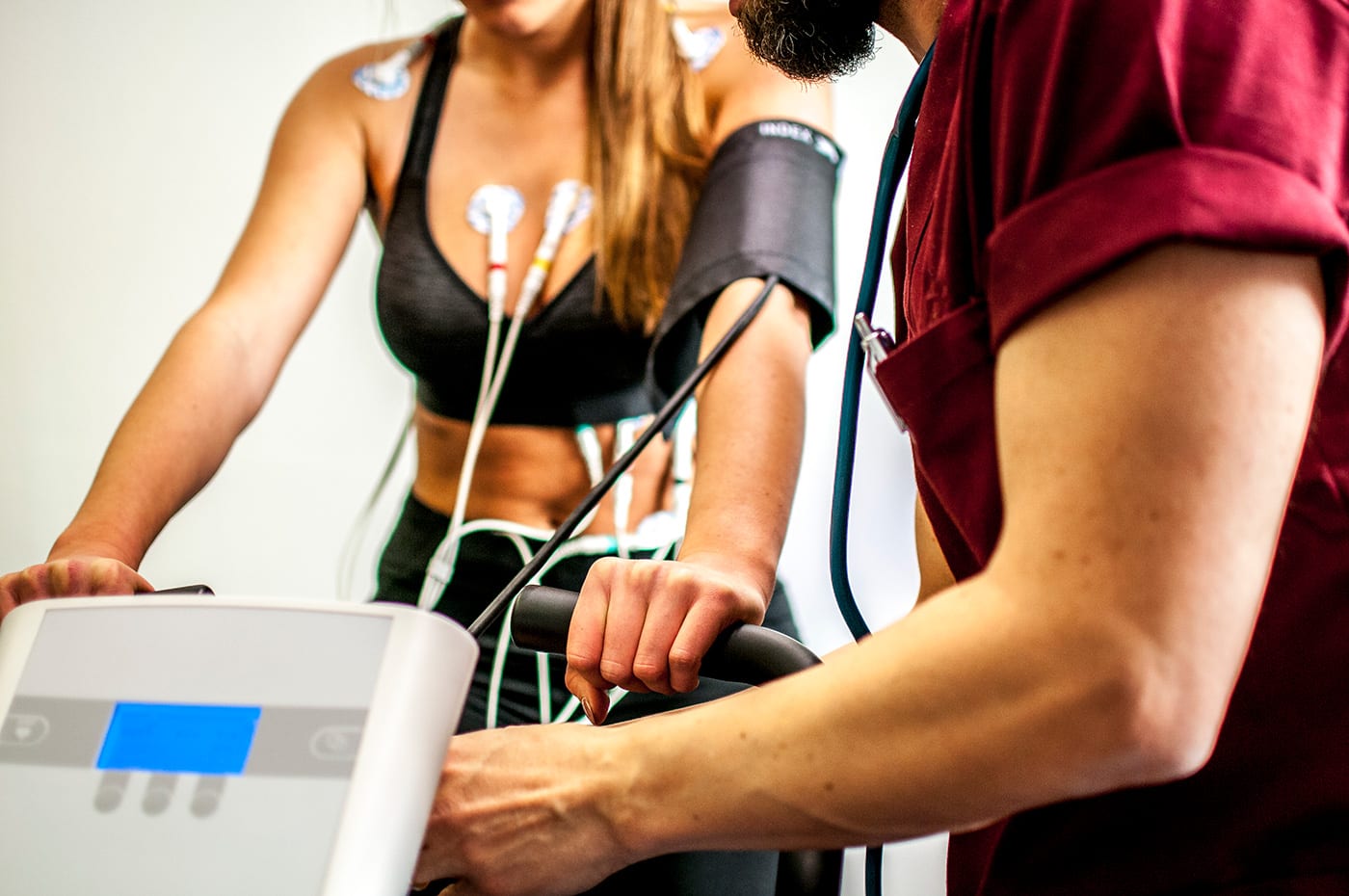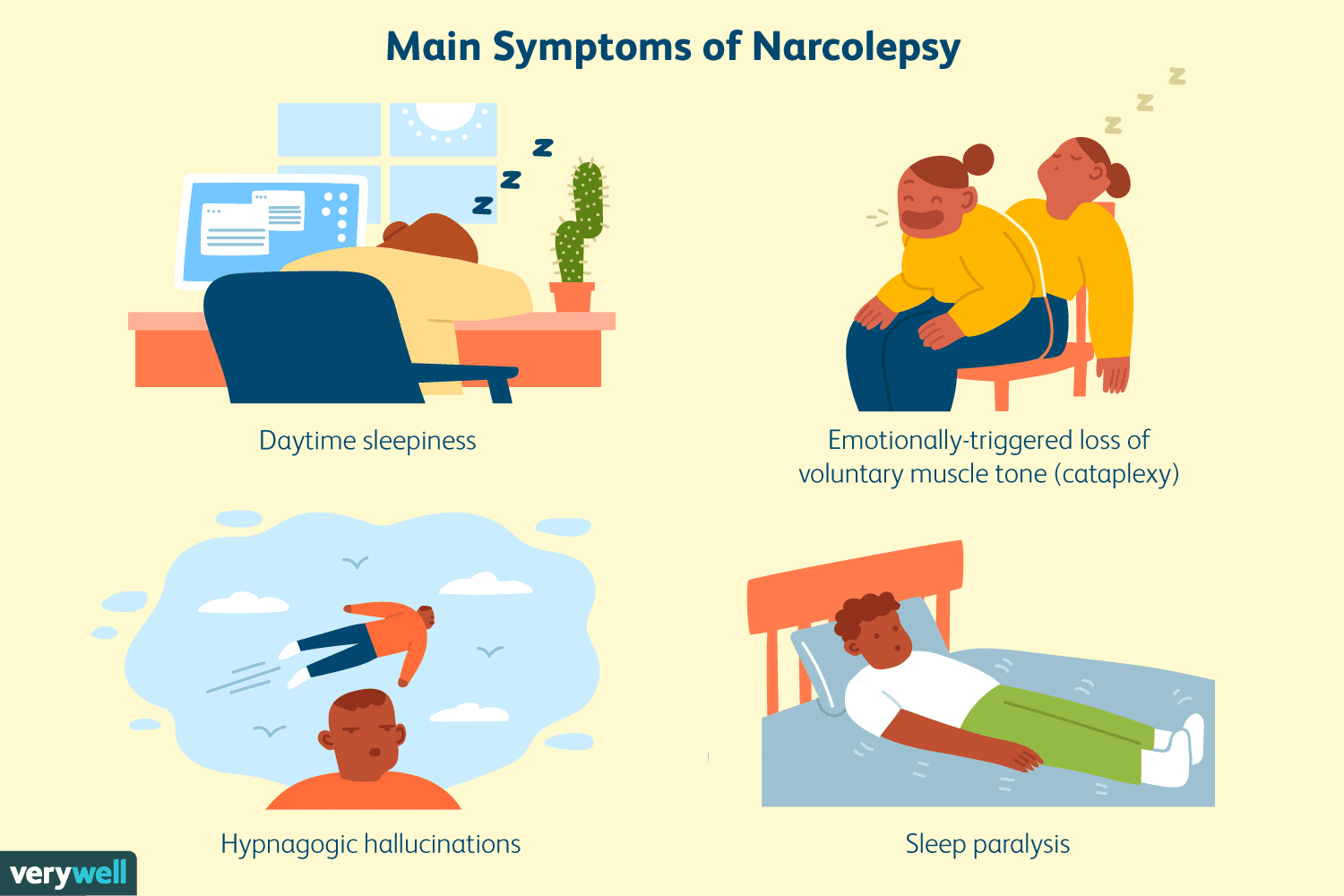Alcohol consumption is a common social activity, but it’s important to be aware of the potential risks and benefits. Moderate alcohol consumption can have some health benefits, but excessive drinking can lead to serious health problems.
Moderate Alcohol Consumption
The U.S. Dietary Guidelines for Americans recommend that adults who choose to drink alcohol do so in moderation. For men, that means no more than two drinks per day, and for women, no more than one drink per day. A drink is defined as 12 ounces of beer, 5 ounces of wine, or 1.5 ounces of distilled spirits.
Benefits of Moderate Alcohol Consumption
Some studies have suggested that moderate alcohol consumption may have some health benefits, including:
- Reduced risk of heart disease: Moderate alcohol consumption may help lower the risk of heart disease by increasing HDL (“good”) cholesterol and reducing blood pressure.
- Reduced risk of type 2 diabetes: Moderate alcohol consumption may help reduce the risk of type 2 diabetes.
- Reduced risk of stroke: Moderate alcohol consumption may help reduce the risk of stroke.
Risks of Excessive Alcohol Consumption
Excessive alcohol consumption can lead to a variety of health problems, including:
- Liver damage: Excessive alcohol consumption can damage the liver, leading to conditions such as fatty liver disease and cirrhosis.
- Heart problems: Excessive alcohol consumption can increase the risk of heart disease, stroke, and heart failure.
- Cancer: Excessive alcohol consumption can increase the risk of several types of cancer, including mouth, throat, liver, and breast cancer.
- Mental health problems: Excessive alcohol consumption can contribute to depression, anxiety, and other mental health disorders.
- Injury and accidents: Alcohol consumption can impair judgment and coordination, increasing the risk of accidents and injuries.
Tips for Responsible Drinking
- Know your limits: Be aware of your tolerance for alcohol and avoid drinking to excess.
- Pace yourself: Drink slowly and avoid drinking on an empty stomach.
- Alternate drinks: Drink water or other non-alcoholic beverages between alcoholic drinks.
- Avoid drinking and driving: Never drink and drive.
- Seek help if needed: If you are struggling with alcohol abuse, there are many resources available to help you quit.
Alcohol consumption should be done in moderation and with responsibility. If you have concerns about your alcohol consumption, talk to your doctor.



